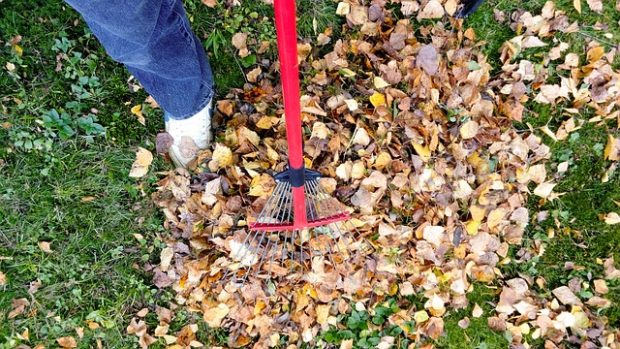Keeping grass lush and green is a frustrating process for many homeowners. Even with an advanced sprinkler system and high-quality lawn care products, you might begin to notice yellow or brown patches at some point. Here is a quick look at a few simple tips that will help you restore and revive a dying lawn.
Get Rid of Weeds and Dead Foliage
All of the other plants that are out in your yard will compete with your grass for nutrients and water. That is why it is so important to regularly remove weeds by completely uprooting them. You also need to remove any dead foliage that is blocking sunlight from getting to the grass. If you haven’t removed all of that debris in a while, then you might need to rent trash bins or skips so that you aren’t left with piles of unwanted weeds, branches, and leaves.

Reseed
No matter how much time and energy you spend trying to keep your yards alive, you will most likely need to reseed at least once every few years. Reseeding can be done as often as twice a year if you live in a particularly hot climate or an area that doesn’t get much rainfall. This project should only be carried out in the spring and autumn so that the seeds have plenty of time to grow in moderate weather.

Fertilize
Phosphorous, nitrogen, and potassium are the three primary nutrients that all lawns need. With a high-quality fertilizer, you can fortify your lawn with the perfect blend of those three nutrients. You should always test your lawn for those nutrients before adding any fertilizer. Most lawn fertilizers clearly list all of their ingredients, but you might need to speak with a gardening specialist at your local home center if you aren’t sure of which blend to use.

Change Your Watering Time
Most healthy lawns don’t need to be watered for more than a few minutes every week. As a general rule, lawns should only be watered just before the sun rises or in the afternoon right as the sun is going down. That will give the roots time to absorb the moisture without the soil becoming oversaturated. You will need to experiment with different watering times until you find an ideal schedule.
If you still can’t seem to revive your lawn after trying these tips, then you might want to consider speaking with a local landscaper. An experienced lawn care specialist will be able to help you come up with a comprehensive plan to make your yard vibrant and healthy.
